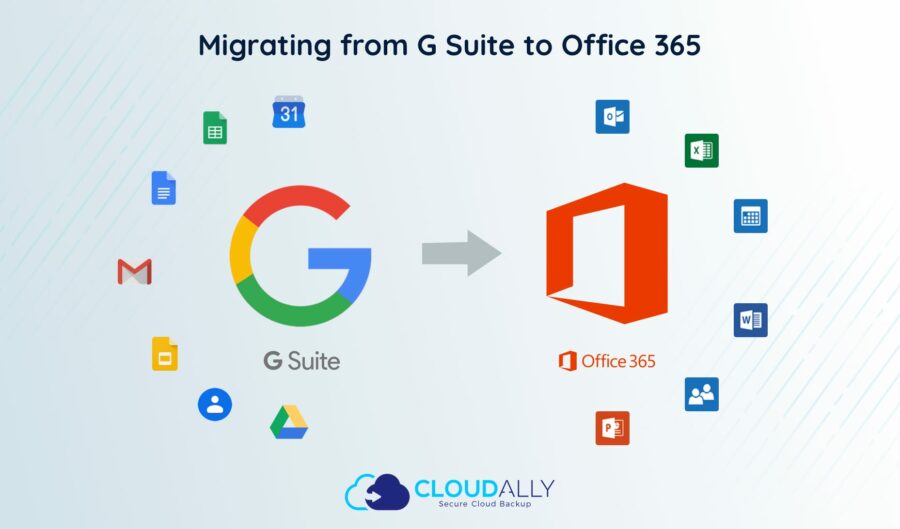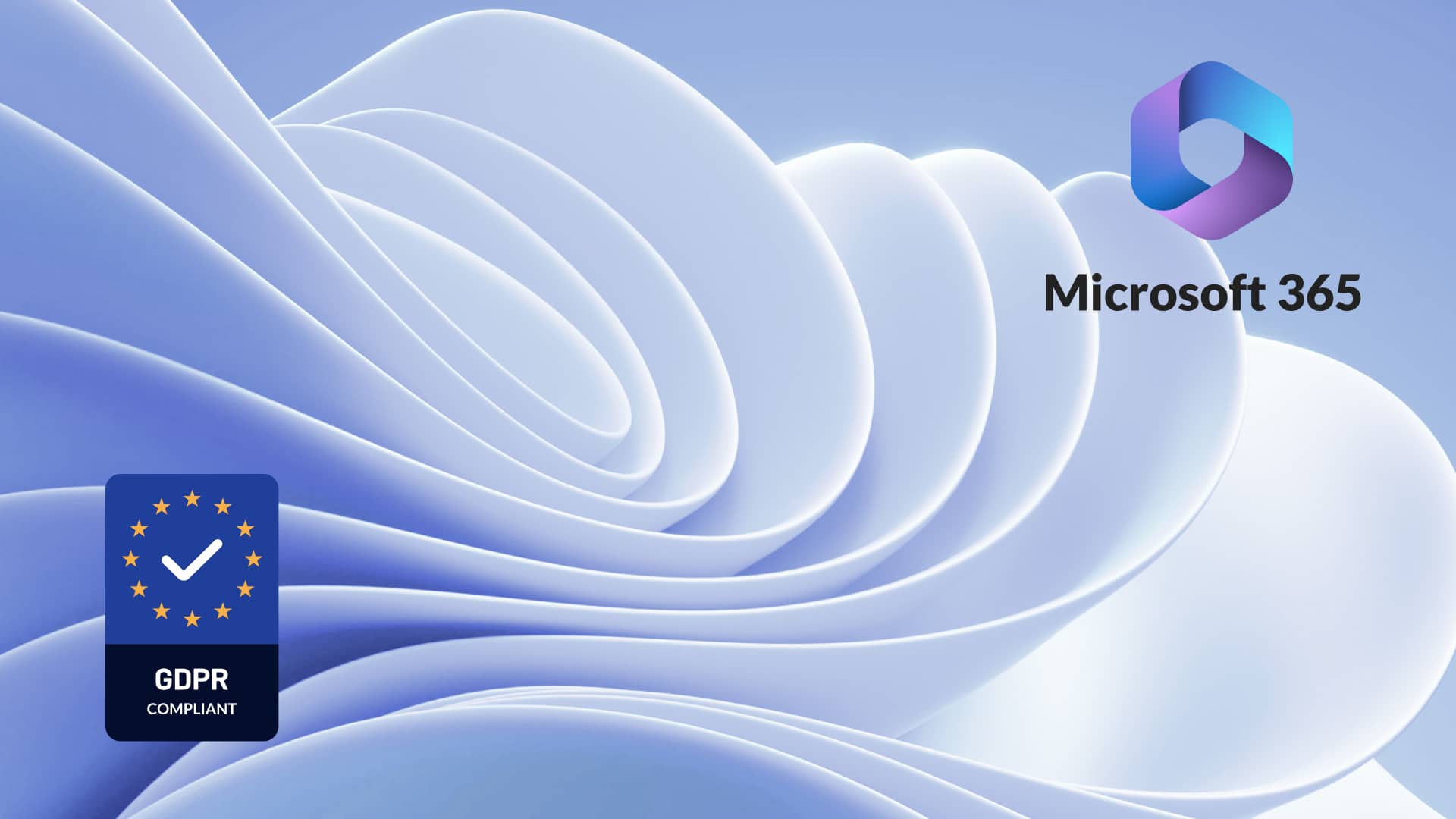Mastering Salesforce Admin Certification: Insights from Francis Pindar
Our Thought Leader for the month is Francis Pindar, 17x Salesforce certified, and one of only 9 people globally to be awarded a Salesforce MVP seven times. He holds over 13+ years of experience in the Salesforce ecosystem, and is also TOGAF9, AWS, and product management certified. Francis has channeled his extensive IT (20 years as a Dev) and Salesforce experience (100+ Salesforce implementations under his belt) in developing top-rated Admin to Architect courses. A hundred thousand students have been coached by him as they navigate through Salesforce admin and architect certifications. Francis also is the co-founder and director on London’s Calling – Europe’s largest community-led event for Salesforce professionals. Let’s get his insights on prepping for the Salesforce admin certification, planning your Salesforce certification path, Salesforce job tips, and more.
Watch: Francis Pindar on Salesforce Admin Certification Paths & Planning your Salesforce Certification Path
5 Pointers to Plan your Salesforce Admin Certification Path
Teresa: Hi Francis! Great to have you on board. Let’s start by talking about your top-rated courses. You’ve mentored a hundred thousand Salesforce Admins. Congratulations!
Francis: Thanks! Just a couple of weeks ago!
Teresa: That’s great! So, can you zone in on 5 pointers that you would give budding Salesforce Admins to prep and successfully crack the Salesforce Admin Certification? And pointers in general when planning your Salesforce certification path?
Francis: I think there’s two parts to it. I always think of it as rather than cracking the certification, your goal is getting a job in the Salesforce ecosystem. You’ve got to think of it from that point of view, rather than just getting a Salesforce certification. And if you’re thinking in that way, then you can set yourself up for success by doing it. Getting a Salesforce Admin certification is just one piece of it. When you go for your interview at a company or a top-tier consultancy and if you just got certified, you don’t have much Salesforce experience, and they’re going to know that because they’ve looked at your CV. They’ve got you in for an interview not just for that, but because they want you to grow in the role. The questions they will ask are going to be different and it will not be just the technical knowledge of Salesforce. It’s going to be more around scenario-based questions – what you do in different circumstances, how you manage different stakeholders, and how you communicate. Especially those top-tier consultancies, some of them don’t even ask you any Salesforce technical questions, because they know you’re just at the beginning of your career. The scenarios, how you think, and understanding the way you work is their priority. They need to know that you are going to grow in the role because if they give you stuff, you’re going to learn it anyway.
Teresa: You’re right, there is much greater emphasis on soft skills. And it’s great that you are seeing the long-term vision when, when prepping the Salesforce Admins for their certifications.
Job Tips for the Salesforce Admin
Francis: Right. And if you are focusing on that Salesforce Admin certification path, then just do loads of mock exams; really focus down. I also think a lot of people go into Trailhead and just get lost in it. You really need to go look at that exam guide, the Salesforce admin certification, and even print it off and go through it; ticking off each thing and making sure you understand it. And if you don’t do that, then dive into Trailhead, or dive into the courses I run that are focused on getting certified. Know the business best practices as well, that really can help you out in an interview. Say that one of the questions is around types of fields, for example. And you can say, “Don’t use multi select picklist fields because it could impact this and this”. That makes you look really good in the interview. Understand the best practices and little tips and tricks, so you can bring that into your interview to show that you know more than just the functionality of Salesforce, but also the best practices.
Teresa: Practical pointers, right?
Francis: Yeah, exactly. Yeah. Yeah.
Finding Your Salesforce Certification Path
Teresa: That leads to our next question. The Salesforce ecosystem does offer a plethora of career paths. What advice would you give to Admins and Developers to zone in on a Salesforce certification path, but, as you said earlier, toward a long-term Salesforce career?
Francis: A lot of people go with the masses, I suppose, and follow the routes that everybody else has trod. They don’t look at themselves; their history and their previous experience. It’s not just about Salesforce experience, it’s about your industry experience. It’s about where you come from as well and how you align that. You can really maximize your chances of a job and your whole career. For example, if you’ve worked in the Finance world, for example, then learn the finance apps on the platform. Or if you’ve come from a security resilience background then learn about the backup options that you’ve got on the platform. So that when you get that role, it almost looks like your natural progression into Salesforce. Another aspect is understanding what is really in need in the industry at the moment. There’s a lot of people that have gone the Sales Cloud-Service Cloud route rather than understanding the must-haves that companies are after. Maybe it’s Analytics, Tableau or the Marketing Cloud side of things that are in-demand. Heading down that route may make more sense than the traditional Sales and Service Cloud route that everybody takes.
Also, for it’s a passion for me as well is this – don’t be afraid of the Architect route. Because, if you look at the Security and Visibility certification in Salesforce, you will see that the majority is declarative security. It’s all point and click security, very much of the Admin. I even think of it as Security 101 that you get from the Admin and the App Builder certifications. And then the rest of it is the harder declarative security, but which is learnable. It still is declarative. And you could pass that just by knowing the declarative security part of it without knowing anything else. I’ve always believed that as an Admin, you are an Architect. You’re making architectural decisions every time you create an object in Salesforce, because an architectural decision is something that is going to be hard or expensive to change in the future. The moment you create an object in Salesforce, it could have Flows on top of it, or Reports, or it could have integrations – a backup solution to back it up and all these interlinked systems. Suddenly this object is quite hard to change. So having architectural knowledge as you progress through your career is really vital.
When you think of your career, you’re moving from the functional way of learning Salesforce into the “trusted advisor” area where the client or the company you’re working with trusts your advice. And when you say, “Hey, we think we should do this, or we should do this solution”, they trust you and they trust you to implement it. And then you move into this vital category, which a lot of companies don’t want you to be in, because you’re the single point of failure. People in this vital category can take all the holiday that they want – it doesn’t matter. The rules don’t apply to them because they’re vital for that business. Once you’re in this stage, the world’s your oyster. Become that both inside the company you’re working for and also outside. Find your niche in the Salesforce ecosystem. It goes back to your experience. If you’ve come from the financial services industry and you are a guru in Marketing Cloud, then really make that your niche. Become good at that and then everybody in the world will want to hire you, because you’ve got all the business best practices in that industry with that particular tool. Companies are going to get real value from employing you, because you’ve done all the best practices, you know how not to do it. Therefore, they’re going to pay you a lot more and you’re going to have a lot more of an enjoyable career.
Teresa: Right! You got everybody salivating as holidays!
Francis: Exactly. That’s the thing, when you’re in that position, it is great. I don’t work full time because I’ve got that great position where I’m in that category for certain companies and they trust my every word and know that the value I give is massive for the company. If your company knows that the decisions you make are going to save them millions or hundreds of thousands, then you’ve got to compare yourself with the value you’re giving rather than just the salary that you’re getting.
Teresa: Use your domain experience and find your niche.
Francis: Absolutely, completely. And I think this is the way the, the world’s going, I think as well.
Teresa: That’s true.
Salesforce Data Protection
Teresa: With increasing breaches, data protection, particularly SaaS data protection, has become a business priority. What are the must-have data security controls that Salesforce Admins should focus on setting up?
Francis: Yes, I work in the regulated business area within Salesforce, where it’s very important to make sure the data is secure and that you’ve got the controls in place. There are a lot of little things in Salesforce that you can just switch on by accident that can expose your data. Not intentionally, of course, but you need to be aware of them. For example, you’ve installed an app in Salesforce and you’ve allowed all your users to have the ability for that partner to log into the org as themselves. That, in itself – sharing the org with somebody else – could be a potential breach. That partner could potentially change your data in your org. Whenever I think of data security and security within Salesforce, there’s the Salesforce responsibility of making sure the platform is secure. Making sure there’s no incidents on their “side of the fence”; that they can fix it and sort it all out, which is totally fine.
But, the majority of incidents that you get are all inside the business. One of the key things for me is data corruption. Say you’ve got an integration that goes a little bit wonky and just updates a load of records that you weren’t expecting or deletes or changes something. What would the risk be? Go through it for each of your objects in Salesforce – what would the impact be to the business if the records were viewed, created updated or deleted. And based on those four scenarios, you can work out the risk on each of these objects. Based on that you can put the appropriate controls for all your internal users to make sure that they only have the permissions they need to do their job and no more. But also make sure that you’ve got those backup solutions and scenarios in place where if something does go wrong, you can get back from it. If a user runs a mock and deletes a load of records in Salesforce and you go knocking at Salesforce’s door, they’re not going to be that forthcoming. And even if they are, there is going to be a delay in getting that data back. It’s the timeliness of getting back to normal as well that you need to be aware.
Teresa: That’s true because it’s critical for business continuity too.
Francis: And having your system out, for some companies – even out of minutes or a couple of hours could be massive. The cost of that far outweighs the cost of a solution.
Teresa: The peace of mind is priceless!
Francis: Absolutely. To be honest, I’ve been in that scenario before. You only realize when it happens to you how valuable that data is. And don’t think of it as just data corruption. Data corruption is also people downloading data, people viewing data, sharing it with someone they shouldn’t, like the competitors, and trying to get some money out of it.
Teresa: So strictly on a need- to-know zero trust basis.
Francis: I also think that a lot of people forget that if you have a full sandbox, that has got production data on it. Or you might have a partial sand that has production data on it. Maybe you’ve relaxed the rules in the sandboxes, but it has still got production on it. It should still have the same controls that you have in production. Make sure that you are aware of that as well.
Salesforce Newbie Tips to Break the Ice in Ohana
Teresa: That’s true. Talking about Ohana, Ohana is one of the best parts of Salesforce.
Francis: Absolutely.
Teresa: For a newbie to find their foothold in Ohana, to start engaging and collaborating can be a bit daunting. What tips would you give a Salesforce newbie to kickstart engaging and collaborating within the Salesforce Community?
Francis: I always teach somebody who is coming into the Salesforce world, to just immerse yourself in it. It could be that you’re just doing it from afar, just jumping into community groups and webinars, not engaging one-on-one. But just start putting your toe in the water and getting to know it. Part of my training that I do is around building your confidence up. How do you build your confidence up? How do you communicate well? One of those ways you can do it is through Ohana. You’ve got this niche and you’ve got this area, well, now how do you tell somebody that that’s what you do. What’s your pitch to people when you talk and engage with them. To build up your confidence you can engage with community groups and start going to your local community group meetup. If there’s not one in your area, think about starting one. You don’t even need to know much about Salesforce to start a community group, but if you know loads of people in the community who do know Salesforce, bring them along. That’s one of the reasons why I started London’s Calling. It’s impossible to know the whole of Salesforce; the platform is just too big now. But if you can bring gurus together and collaborate and learn from each other, then that’s priceless. Start small and then gradually grow. And if you’re confident and crazy then start your own group and immerse yourself in it. And it’s really valuable, because making those connections with those different people is just brilliant. I’ve got a go-to person who is the guru of Marketing Cloud. I’m not that great at Marketing Cloud, but I know this person who is. So, if I get a project that is Marketing Cloud, I know somebody who is going to point me in the right direction. Just having somebody there that can go, “Oh no, try this” or “Go over here and here’s the information”, who you can ask your questions to, who can just share some great articles or blog posts. That’s great!
Go to these Community Groups and events to give you a bit of a shot in the arm, to keep the excitement and the adrenaline going with the new stuff that’s coming out. It keeps you motivated as well. Make sure you’ve got a good cadence for going to different events to keep that motivation up. Because if you’re learning on your own, it’s always a little bit of a struggle, but if there’s a group of you that are learning together or working together, then it helps you progress your career a lot quicker than doing it on your own. I always find that really useful.
Also, if you want to really improve your presentation skills, talk to a local community group and say, “Hey, can I do a five-minute feature”? Do a five-minute talk on a feature within Salesforce that you’ve learned with its applications. It literally is five minutes, so it doesn’t matter. It’s really low-risk for you. If it goes terribly, it doesn’t matter as it’s only five minutes. If it goes well, you’ve built a little bit more confidence about standing in front of people and presenting features and solutions. Low-risk, low craziness, but it keeps building soft skills as well.
Teresa: That’s true. Yeah. Ohana is one of the key differentiators of Salesforce when compared to any other SaaS platform.
Francis: Yeah, totally, completely. I go to other SaaS provider conferences and honestly there is nothing like the collaborative, helping nature that everybody within the Salesforce community has. Everyone just wants to help and wants to support. I’ve been training some refugees in London recently, and we invited them all to London’s Calling. They were just like, wow, they couldn’t believe just how helpful everybody else was and how they really wanted to support them and make them successful within the community.
Teresa: Yes, a very genuine family.
Francis: Absolutely. Yeah.
Salesforce Admin Job Landscape
Teresa: Talking about our current market landscape, the Great Resignation seems to be turning into the Great Layoff. What is your take on the Salesforce job market landscape. With the current flux in the IT industry, is becoming a Salesforce admin a lucrative/viable career option?
Francis: I think it always goes back to what I was saying earlier – if you’re functional, you’re in this area where anybody can do a functional job. And then you’re always looking over your shoulder when you go on holiday or whatever. “I’m just an admin, anybody can do it”. If you really start shifting that needle across and becoming more known inside your company or outside of your company on the internet, by being really good at this technology or this piece within the company or this piece of platform, then you’re going to add value and it’s therefore harder to leave or get laid off. And people are just going to head more for you, because you’ve got more of that profile, you’ve got more of business understanding.
I get a lot of emails, hundreds of emails from consultants all over the world saying, “We’ve got Salesforce Admins and developers for hire. Come to us, we can do it at this price”. And everybody, literally everybody, does the same thing. And you’re only competing on price. It’s just straight to the bottom, basically, whenever you’re doing that. But if you’re saying, “We focus on this piece of technology in this industry and that is your niche and that’s what you are really good at”, then people are going to come to you for your expertise and knowledge. And therefore, the Great Layoff, the Great Migration and stuff like it doesn’t really apply to you at all. Because you’re protecting yourself from it just by understanding more than just the functional capabilities of the platform, you know how to get the best from it, and really maximize the value of the Salesforce platform for your company or the consultancy you’re working,
Teresa: You really bring value to the table.
Francis: Yeah, that’s it. If you bring value to the table, then you’re safe, it doesn’t really apply to you.
Teresa: Thank you, Francis! Great insights from you. And I will add a link to your website and your blog so people can reach out to you.
Francis: Yeah. If you head to AdminToArchitect.com/challenge, there’s a career challenge that I have. It’s free to sign up and it just goes through some of the values, your strengths and weaknesses and tries to identify what they are and where you can find your niche and your career path through Salesforce. Yea, so thanks for having me.
Teresa: Thanks, Francis. It was lovely talking with you.
We hope you benefited from Francis’ insights on Salesforce Admin certification paths, planning your Salesforce certification path, and keeping yourself marketable in the Salesforce-verse. Watch other Thought Leader Talks. Get practical Salesforce pointers and helpful tips from Salesforce Ben and Lucy Mazalon, Gemma Blezard, Heather Black, Cyril Louis, Meighan Brodkey, and Enrico Murru.
Have questions about protecting your Salesforce data? Learn the essentials of Salesforce SaaS Data Protection with guidance from 8X Salesforce MVP, Francis Pindar. This free course includes best practices, expert insights, and hands-on labs to help you master data security. Enroll now—it’s available for a limited time!











